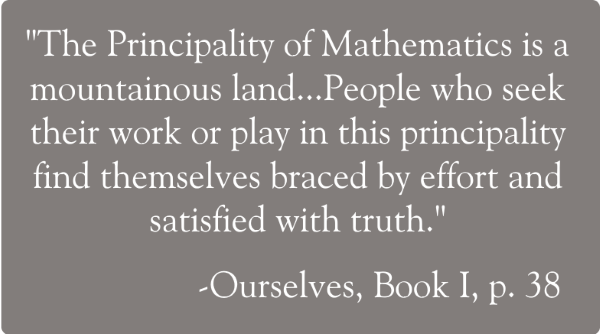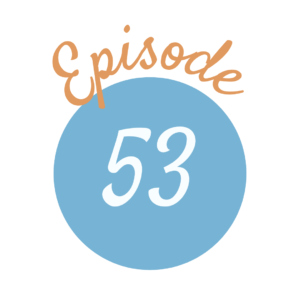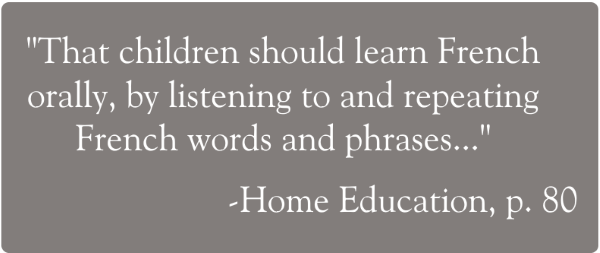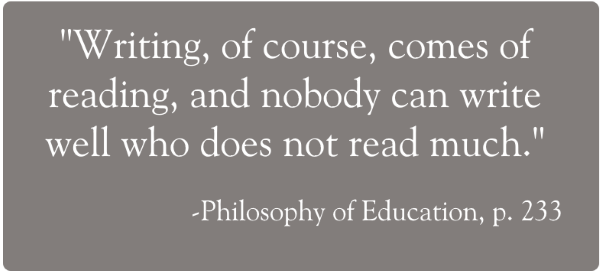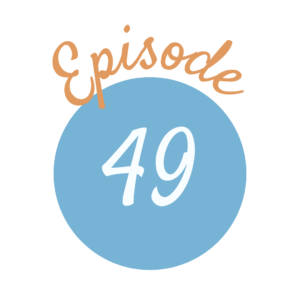How in the world did Charlotte Mason approach the subject of math? This podcast episode explores that question and addresses our qualms and insecurities in teaching math to our children. How do we avoid fears, tears, pushing and pulling, and reach to its infinite beauty as an instrument in acquiring knowledge of the universe?
Listen Now:
“Arithmetic, Mathematics, are exceedingly easy to examine upon and so long as education is regulated by examinations so long shall we have teaching, directed not to awaken a sense of awe in contemplating a self-existing science, but rather to secure exactness and ingenuity in the treatment of problems.” (Vol. 6, p. 231)
“…the use of the study in practical life is the least of its uses. The chief value of arithmetic, like that of higher mathematics, lies in the training it affords to the reasoning powers, and in the habits of insight, readiness, accuracy, intellectual truthfulness it engenders.” (Vol. 1, p. 254)
“Never are the operations of Reason more delightful and more perfect than in mathematics…By degrees, absolute truth unfolds itself. We are so made that truth, absolute and certain truth, is a perfect joy to us; and that is the joy that mathematics afford.” (Vol. 4, p. 63)
“Let his arithmetic lesson be to the child a daily exercise in clear thinking and rapid, careful execution, and his mental growth will be as obvious as the sprouting of seedlings in the spring.” (Vol. 1, p. 261)
“Mathematics depend upon the teacher rather than upon the text-book and few subjects are worse taught; chiefly because teachers have seldom time to give the inspiring ideas, what Coleridge calls, the ‘Captain’ ideas, which should quicken imagination.” (Vol. 6, p. 233)
“There is no must be to him he does not see that one process, and one process only, can give the required result. Now, a child who does not know what rule to apply to a simple problem within his grasp, has been ill taught from the first, although he may produce slatefuls of quite right sums in multiplication or long division.” (Vol. 1, p. 254)
“…’nearly right’ is the verdict, a judgment inadmissible in arithmetic.” (Vol. 1, p. 255)
If you would like to study along with us, here are some passages from The Home Education Series and other Parent’s Review articles that would be helpful for this episode’s topic. You may also read the series online here, or get the free Kindle version from Fisher Academy.
Home Education, Part V, XV
Towards a Philosophy of Education, Book I, Chapter 10, Section III
String, Straightedge and Shadow
(Contains affiliate links)


